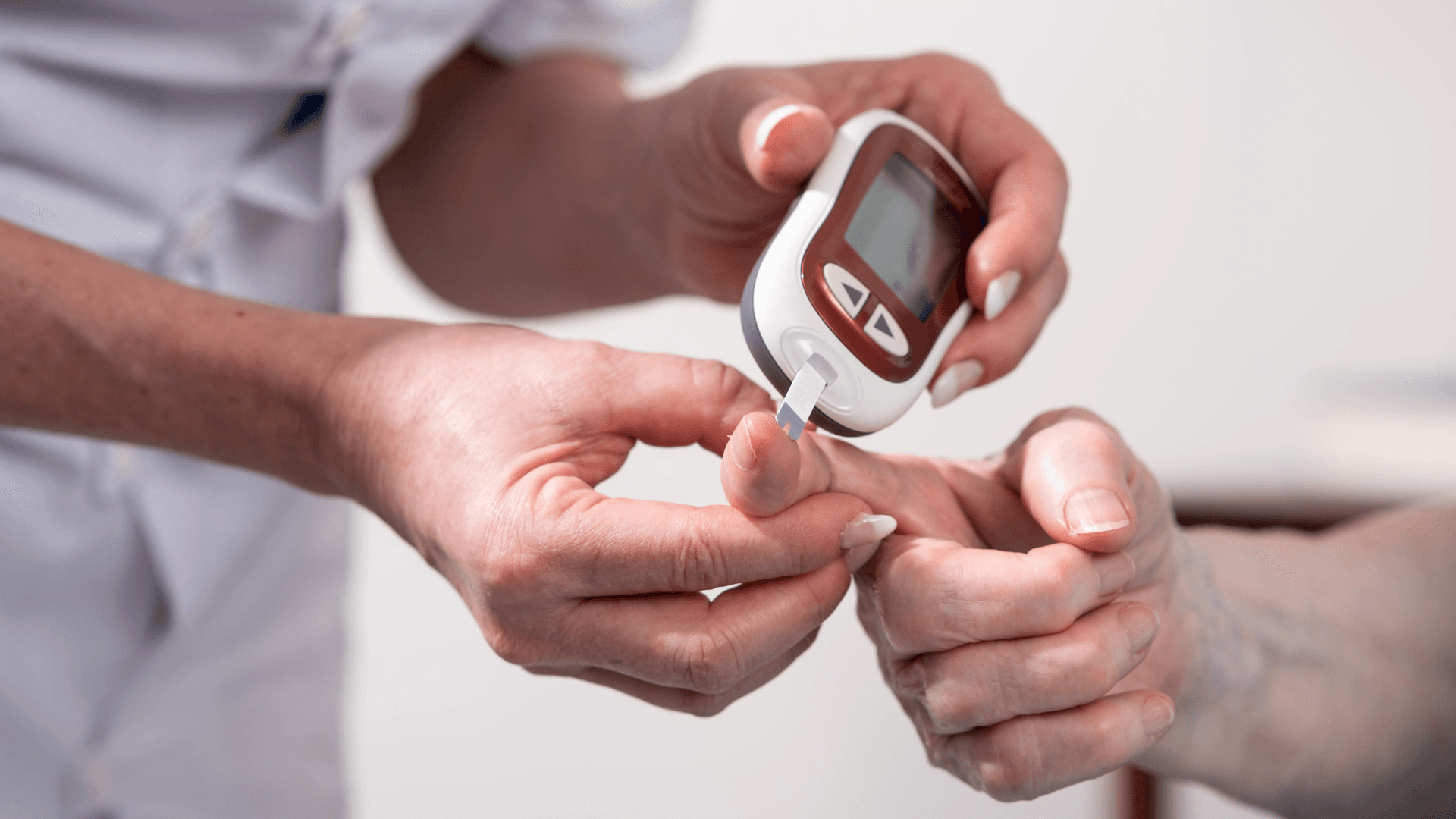A Focus on Screening and Healthy Numbers
November is National Diabetes Awareness Month, a time to raise awareness about diabetes and focus on the essential screenings and numbers that help us stay healthy and empowered. Keeping track of the right numbers can make a big difference in managing diabetes, so let’s dive into why these screenings are important and how they can guide you on your journey to better health.
Know Your Numbers: Key Diabetes Health Checks
A1c: The 3-Month Snapshot
- What it is: The A1c test measures your average blood glucose level over the past three months.
- Target range: Typically, the goal is to keep the A1c below 7%, though this may vary based on your individual plan.
- Why it matters: High A1c levels over time can lead to complications, including heart disease and kidney issues. Knowing your A1c helps you and your healthcare team adjust your treatment plan if needed.
Blood Pressure: Protecting Your Heart and Kidneys
- What it is: Blood pressure measures the force of blood against your artery walls
- Target Range: For most people with diabetes, the goal is under 140/90mmHg.
- Why it matters: High blood pressure increases the risk of heart disease, stroke, and kidney problems. Regular checks can catch issues early and guide adjustments to your lifestyle or medications.
Cholesterol: Balancing Good and Bad Fats
- What it is: Cholesterol tests measure levels of “good” HDL and “bad” LDL cholesterol in your blood.
- Target Range: The ideal LDL cholesterol is below 100mg/dL for most people with diabetes, though targets can vary.
- Why it Matters: Managing cholesterol levels helps prevent blockages in the blood vessels, reducing the risk of heart disease and stroke. Statins play a key role in helping with this. If you aren’t currently on a statin, you may want to ask your provider if it is a good fit for you.
Kidney Function: Watching for Early Signs
- What it is: A urine test for albumin and a blood test for creatinine help monitor kidney function.
- Why it matters: Diabetes can put extra strain on your kidneys, so these screenings can detect any changes early. Monitoring helps protect your kidneys and guide treatment if issues arise.
Foot Exams
- What it is: Routine foot exams check for changes in sensation, wounds, or sores.
- Why it matters: Diabetes can affect circulation and sensation in the feet. Regular checks help catch problems early and prevent serious infections or complications.
Tips for Staying on Track with Your Screenings
- Schedule your appointments: Make a list of your recommended screenings and schedule them in advance.
- Ask Questions: Your healthcare team is there to support you! Don’t hesitate to ask about your target numbers and what they mean for your health.
- Track Your Numbers: Write down your results in a journal or use a health app to keep everything in one place. This can help you and your provider see patterns over time.
Taking care of your health means knowing your numbers and taking charge of your screenings. We’re here to support you every step of the way. Together, let’s make November about empowering each other through education and proactive health.
If you’d like additional education, or help with continued monitoring, please reach out to our dedicated team of diabetes educators and clinical pharmacists at 470-410-5515.



